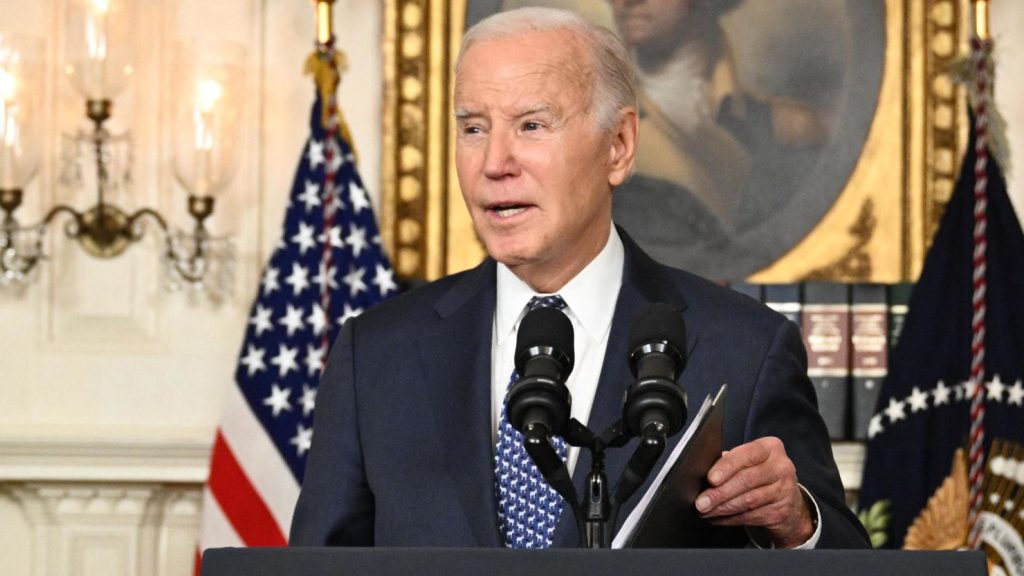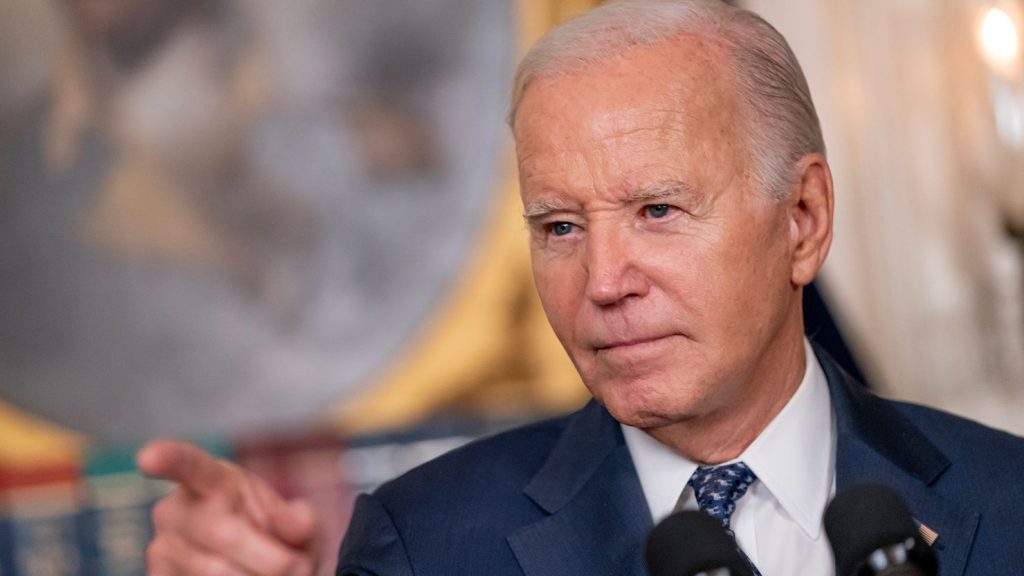
The Biden administration is considering a string of new executive actions and federal regulations in an effort to curb migration at the U.S. southern border, according to three people familiar with the plans.
The proposals under consideration would represent a sweeping new approach to an issue that has stymied the White House since its first days in office and could potentially place the president at odds with key constituencies.
Among the ideas under discussion include using a section of the Immigration and Nationality Act to bar migrants from seeking asylum in between U.S. ports of entry. The administration is also discussing tying that directive to a trigger — meaning that it would only come into effect after a certain number of illegal crossings took place, said the three people, who were granted anonymity to discuss private deliberations.
A trigger mechanism was part of a bipartisan Senate border deal that never reached the floor earlier this month. During the deal’s construction, President Joe Biden repeatedly said it would have given him the authority to “shut down” the border.
The administration is also discussing ways to make it harder for migrants to pass the initial screening for asylum seekers, essentially raising the “credible fear standard,” as well as ways to quickly deport others who don’t meet those elevated asylum standards. Two of the people said the policy announcements could come as soon as next week ahead of President Joe Biden’s State of the Union speech on March 7.
The slate of policies could allow the administration officials to fill some of the void left after congressional Republicans killed a bipartisan border deal in the Senate. But it would also open up the administration to criticism that it always had the tools at its disposal to more fully address the migrant crisis but waited to use them.
No final decisions have been made about what executive actions, if any, could be taken, an administration official said, speaking about internal deliberations only on condition of anonymity. Administrations often explore a number of options, the official said, though it doesn’t necessarily mean the policies will come to fruition.
The consideration of new executive action comes as the White House tries to turn the border deal failure into a political advantage for the president. It also comes amid growing concern among Democrats that the southern border presents a profound election liability for the party. Officials hope that policy announcements will drive down numbers of migrants coming to the border and demonstrate to voters that they’re exhausting all options to try to solve the problem as peak migration season quickly approaches.
“The Administration spent months negotiating in good faith to deliver the toughest and fairest bipartisan border security bill in decades because we need Congress to make significant policy reforms and to provide additional funding to secure our border and fix our broken immigration system,” said White House spokesperson Angelo Fernández Hernández.



